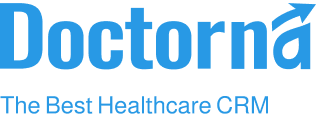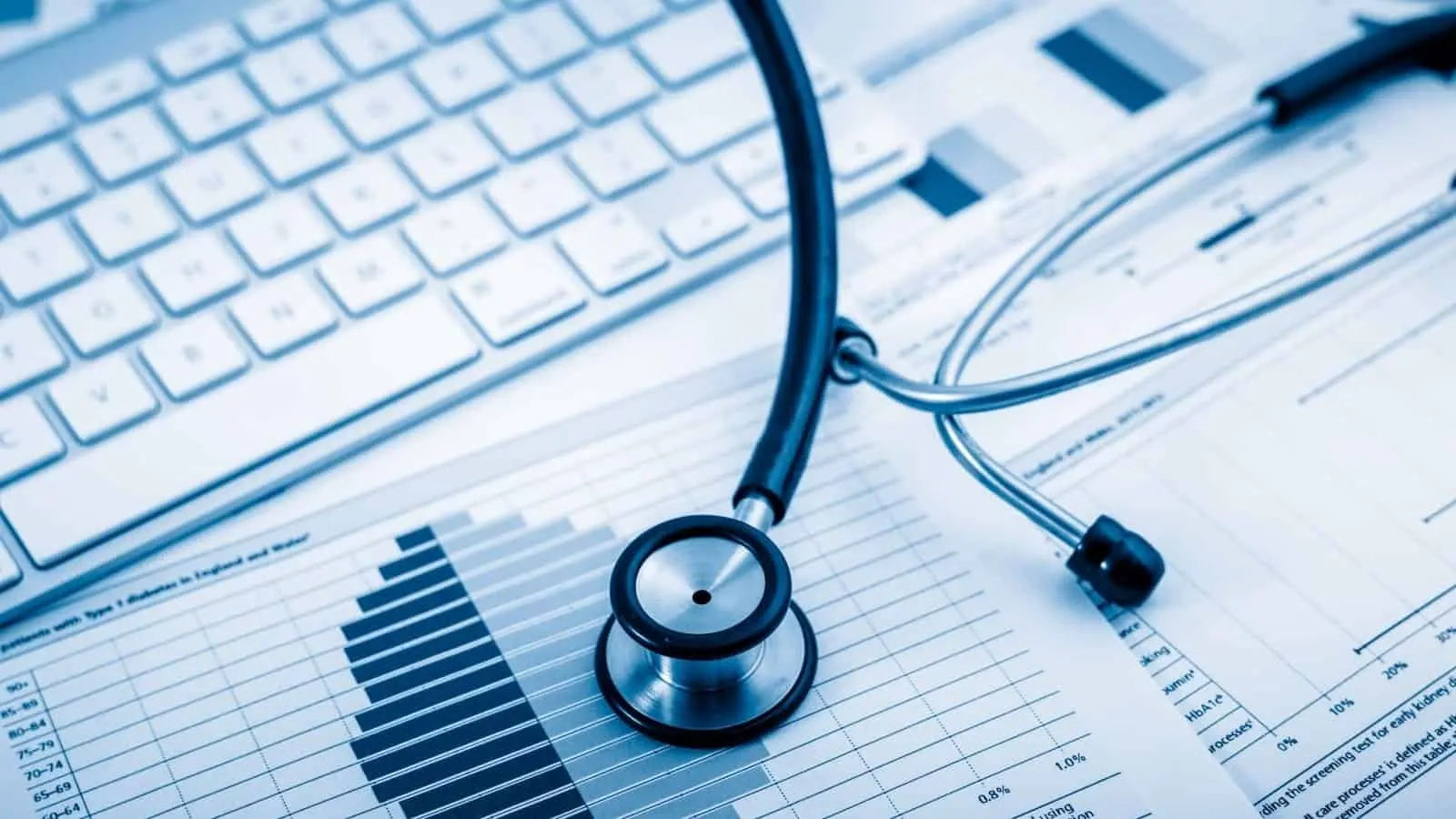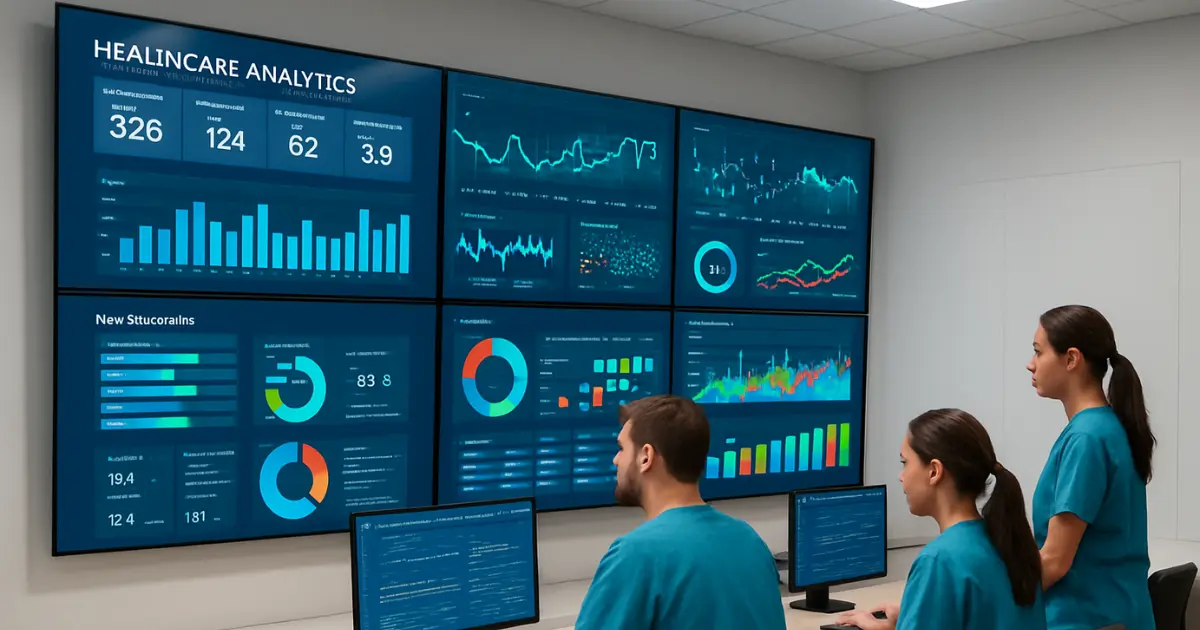In today’s healthcare environment, patient expectations are higher than ever. They want services that are not only effective but also personalized, responsive, and convenient. For healthcare providers, meeting these expectations requires more than medical expertise—it demands a strategic approach to patient communication. Customer Relationship Management (CRM) systems have emerged as a vital tool for achieving this, offering healthcare organizations the ability to tailor interactions and deliver a truly patient-centered experience.
The Importance of Personalization in Healthcare
Personalization is no longer a luxury; it is a necessity. Patients interact with healthcare providers across multiple channels—appointments, follow-ups, emails, SMS, mobile apps, and social media. Each of these touchpoints is an opportunity to strengthen the relationship, improve engagement, and enhance outcomes. Studies show that personalized communication increases patient satisfaction, adherence to treatment plans, and loyalty, while reducing missed appointments and unnecessary readmissions.
However, personalization is challenging without access to structured and actionable data. This is where CRM systems become indispensable.
How CRM Systems Transform Patient Communication
A healthcare CRM centralizes patient information, enabling providers to gain a comprehensive view of each patient. From medical history and treatment preferences to appointment schedules and previous interactions, all critical information is stored in one place. This allows providers to design communications that are not only relevant but also timely and sensitive to individual needs.
Key ways CRM data enhances personalization include:
1. Tailored Messaging
CRM systems allow healthcare providers to segment patients based on demographics, medical history, or treatment plans. For example, a patient with diabetes can receive targeted educational materials, reminders for lab tests, or alerts about lifestyle tips specific to their condition. Similarly, pregnant patients can be sent trimester-specific health guidance. Tailored messaging increases engagement because patients receive information that is directly relevant to them.
2. Automated Yet Personal Communication
Automation is often misunderstood as impersonal. In reality, healthcare CRMs enable automation that feels highly personal. Appointment reminders, follow-up emails, and vaccination alerts can be automated using patient data, while still addressing the patient by name and referencing their specific situation. This combination of automation and personalization improves efficiency without compromising the patient experience.
3. Multichannel Engagement
Patients have diverse preferences for communication. Some prefer SMS, others emails, and increasingly, patient portals or app notifications. CRM systems track these preferences and allow providers to communicate through the patient’s preferred channel. This ensures higher response rates and strengthens patient-provider relationships.
4. Enhanced Patient Education
Informed patients are empowered patients. CRMs can track a patient’s treatment history and knowledge gaps to deliver educational content that resonates with them. For instance, a patient recovering from cardiac surgery can receive step-by-step rehabilitation guidance, lifestyle recommendations, and progress check-ins tailored to their recovery stage.
5. Predictive Insights for Proactive Communication
Modern CRM platforms often incorporate analytics and AI capabilities. By analyzing patterns in patient behavior and health records, providers can anticipate patient needs. For example, a CRM can flag patients due for routine screenings or highlight those at risk for complications, prompting proactive outreach. This predictive approach strengthens care quality and reinforces trust between patients and providers.
Practical Applications of Personalized Communication in Healthcare
Personalized communication using CRM data can be applied across various aspects of patient care:
- Appointment Management: Automated reminders and follow-ups based on patient preferences reduce no-shows and improve adherence to treatment plans.
- Chronic Disease Management: Targeted messaging for patients with chronic conditions ensures ongoing engagement and better disease control.
- Preventive Care: Personalized alerts for vaccinations, screenings, and wellness checkups encourage proactive health management.
- Post-Treatment Follow-up: Tailored recovery instructions and progress check-ins improve patient satisfaction and outcomes.
- Marketing and Engagement: Patient-centric campaigns, such as wellness newsletters or special health programs, strengthen loyalty and brand trust.
Overcoming Challenges in Personalization
While the benefits are clear, personalizing patient communication also comes with challenges. Data privacy and security are paramount in healthcare. A CRM must comply with regulations like HIPAA or GDPR, ensuring sensitive patient information is handled responsibly. Additionally, integrating CRM systems with existing Electronic Health Records (EHRs) and other hospital software can be complex, requiring careful planning and implementation.
To overcome these challenges, healthcare providers should:
- Choose CRM platforms with robust security and compliance features.
- Ensure seamless integration with EHRs and other digital tools.
- Train staff to use CRM data responsibly and effectively.
- Continuously monitor and refine communication strategies based on patient feedback and engagement metrics.
The Future of Patient-Centered Communication
The healthcare industry is moving toward a model where personalization is expected at every touchpoint. With the integration of AI, machine learning, and advanced analytics, CRMs are becoming smarter, capable of delivering hyper-personalized experiences that anticipate patient needs before they arise. Voice-enabled assistants, predictive health insights, and real-time engagement tools are just the beginning.
For healthcare providers, leveraging CRM data to personalize communication is no longer just a competitive advantage—it is a fundamental aspect of patient care. By combining technology with empathy and medical expertise, providers can build stronger relationships, improve outcomes, and create a healthcare experience that truly centers on the patient.

Conclusion
Personalizing patient communication using CRM data is transforming the way healthcare providers engage with their patients. By leveraging insights from patient records, treatment histories, and preferences, providers can deliver tailored messaging, proactive engagement, and meaningful interactions that improve both satisfaction and health outcomes. In an era where patients expect individualized attention, healthcare CRMs offer the tools needed to meet these expectations effectively, securely, and efficiently.
Investing in a robust CRM system is no longer optional—it’s an essential strategy for delivering patient-centered care in the digital age.







